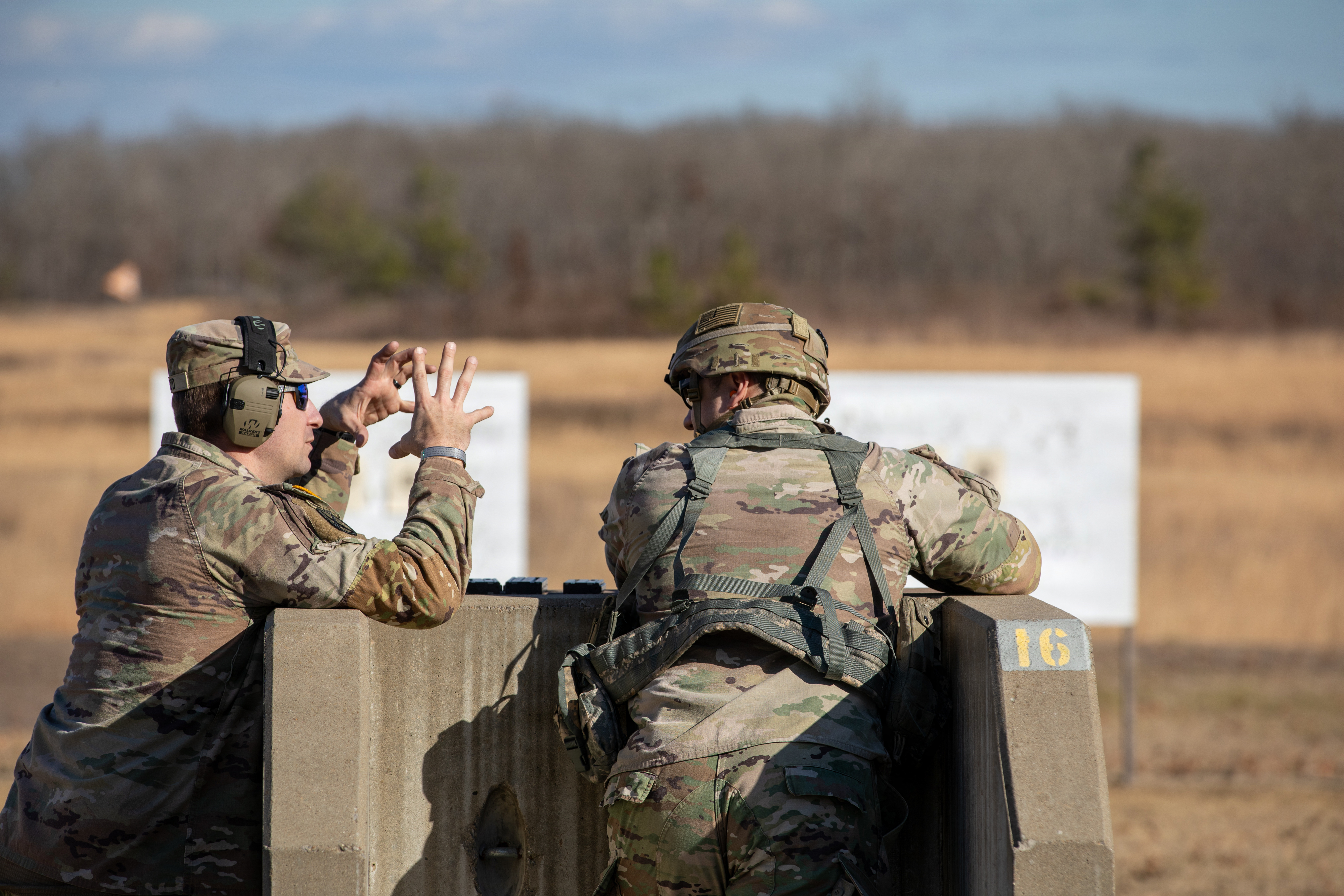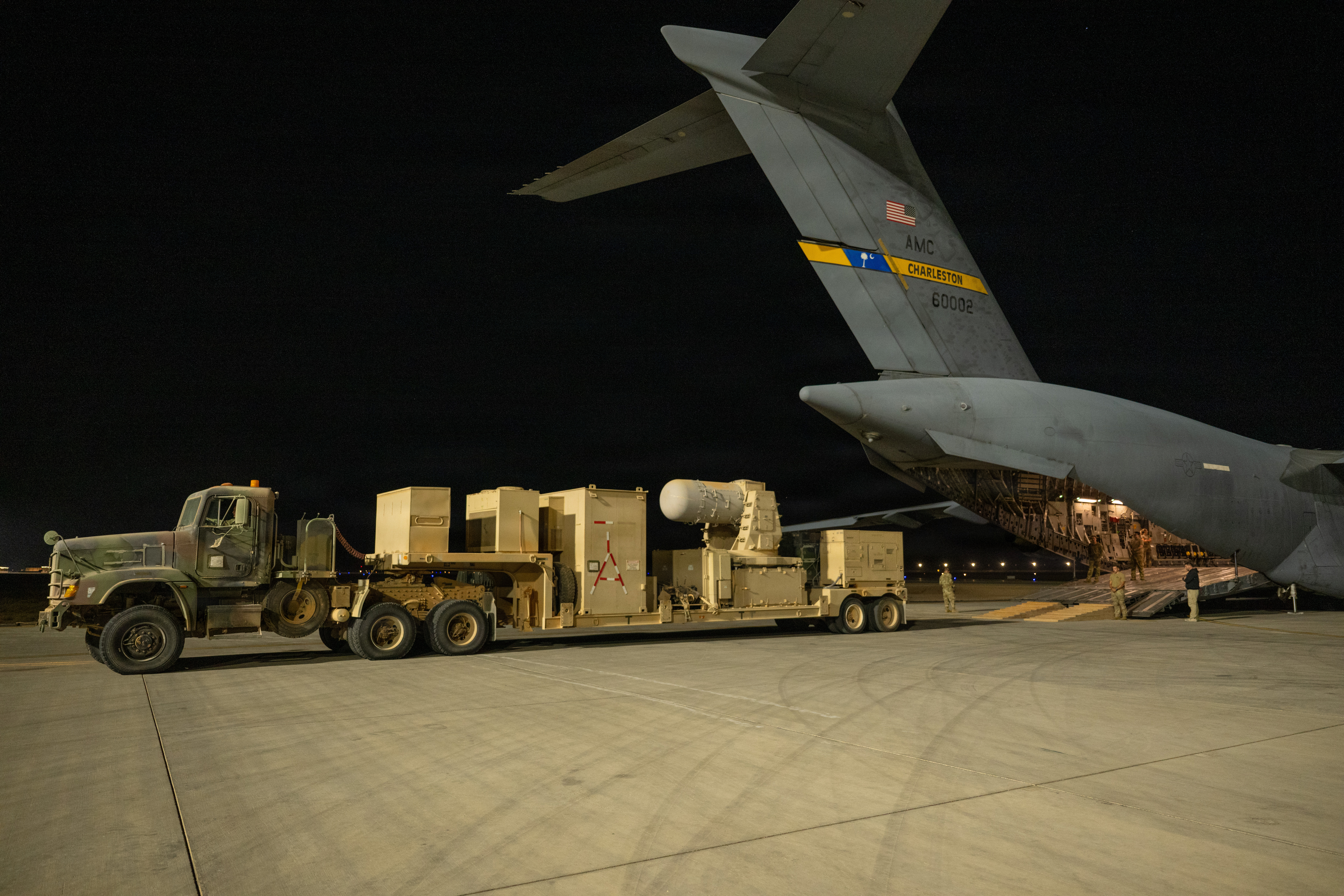The Best Initial Counseling I Ever Received

When I arrived with my first unit in the National Guard, I was introduced to an older First Lieutenant. We’ll call him Dave. Dave quickly became a mentor for me much to the chagrin of other officers. You see, Dave was not the most stand-up soldier. While he was incredibly talented and intelligent, he had become bitter by a few too many encounters with bad leaders and was ready to get out. He kept his hair long, he complained a decent amount, and he refused to do anything that would propel him to the next rank or more senior position. Some soldiers didn’t think too highly of him, some even reserved the term “shitbag” to describe the type of soldier he was. But in my eyes, Dave was not a shitbag because he showed more compassion and care for the soldiers in his section than most other officers I had met.
My first few months in the National Guard as a commissioned officer were spent shadowing different Lieutenants who had completed BOLC. I was able to spend this time learning about the different skills in Field Artillery and overall officer skills. Most of the officers I met at this time were great people that allowed me to watch them work in the hope that I would pick up a few key pieces that would lead me to succeed at BOLC at Fort Sill. Out of all the officers I met, only one sat me down one day and laid out his philosophy on leadership; only one took the time to try and teach me one-on-one something of value. That officer was Dave.
This philosophy, given in the form of an initial counseling by a fellow Lieutenant, has become a key piece in how I have decided to lead soldiers during my time as an officer. The following is a breakdown of that counseling, to include renditions of the same pictures, stick figures and all, that Dave drew out for me on a scratch piece of paper. He and I both signed the document, and right there he made me promise that if I only do one singular thing of value in the Guard, that it be what I learned in this lesson:
On the ground level are the Joes. They spend their days working hard at the jobs they enjoy. They have their own personal goals, beliefs, and values. They all work well together and can accomplish any task that is given to them. In their natural state, they are happy.

Above them, high in the sky, are the good idea fairies. They have worked hard to live in the clouds and continue to work hard. Unfortunately, they have forgotten what it is like to be a Joe on the ground. The great ideas they develop with good intentions form dark, dangerous clouds. Those clouds become storms that rain down on the joes, making their lives tough; turning once happy soldiers into miserable and cold men. They are no longer happy and getting them to accomplish things becomes tough and eventually impossible. There are, however, days when those clouds are filled with much needed rain that the soldiers need.

Last but not least, are the junior officers and NCOs. They live in between the Joes and fairies, sitting atop a platform where they can give task, supervise, and refine. That platform does not give them power or make them better. It is to effectively guide and oversee their troops. They are the go between for both sides and carry a lot of responsibility. They also have two options to choose from on how they will handle the storms that a generated from above.

Option #1
The leaders in this position will act as a sort of umbrella to protect the joes from the storm. They will know when to say no or push back a little. They will take ownership for mistakes and mishaps from their section. The umbrella will certainly not stop all that falls. The goal of this option is not to be the cool guy or Joe’s best friend. The goal is to mitigate the nonsense that is part of every day life in the army. The goal is to be the leader at all times and the protector when necessary. The leaders in this position must also know whether it’s necessary to deploy the umbrella or not. Sometimes, the Joes need a little shower to help them grow and develop.

Option #2
The leaders that choose to take this option will see themselves acting as an industrial sized fan. The intake is facing up and the exhaust blows down below on the innocent joes. What falls from above is flung left and right. Few are safe. These are the “yes men”. They care more about the career and its accolades than the people they serve with. We can all be honest with ourselves; these people exist.

With these options laid out, its clear to see which one we hope we all choose. As leaders, it is our job to set the example both for the people looking up and for the people looking down. It’s also our job to know when a storm is an opportunity to get a shower, or something dark and dangerous worthy of opening the umbrella for the joes.
Dave would go on to get out of the National Guard while I was attending BOLC. I only shadowed and got to know him for a couple of drills, yet he has had a lasting impact on me. The counseling he gave me is one that I give to new officers when they arrive at my unit. I certainly do not try to emulate the type of soldier Dave was in every aspect. There was plenty of things about him that soldiers should avoid if they intend to be successful in the military, but there is value in learning something from everyone we meet. More than anyone before him, he taught me to care for the people I intend to lead.
While you are here, check out our blog post titled “Do You Even Lift Bro?“
———
Daniel Parrish is a First Lieutenant in the Virginia Army National Guard where he serves as a Field Artillery officer. He has served as a Fire Direction Officer and is currently a Battalion Fire Support Officer. He commissioned through ROTC at Longwood University where he majored in Anthropology. On the civilian side, he works as a defense contractor, providing consultation for research and development projects.



